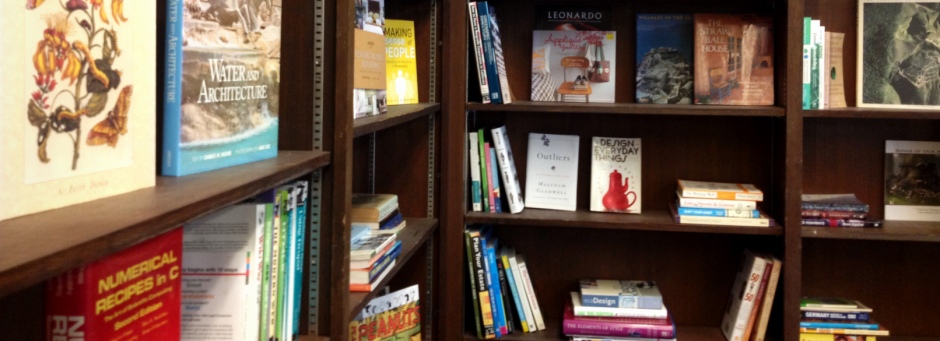What do gasoline, third grade literacy rates, and mentors have in common? They may all be important factors in determining your destiny. Coffee Social this week inspired a fascinating discussion on crime, punishment, and education.
We started with the age-old notion of evil. Is that what drives people to do bad things? I suppose it depends on your definition, but “evil” seemed too simple a notion to accurately describe the myriad factors that lead to a life of crime. We’ve learned a lot about the intricate workings of the brain in the last few decades, leading to a much more complex understanding of human behavior, which makes our one-size-fits-all justice system all the more troubling.
Let’s examine gasoline, for example. There are plenty of studies out there correlating the rise and fall of leaded gasoline with the rise and fall of violent crime rates. As a 2013 Forbes article noted: “Not only does lead degrade cognitive abilities and lower intelligence, it also degrades a person’s ability to make decisions by damaging areas of the brain responsible for ‘emotional regulation, impulse control, attention, verbal reasoning, and mental flexibility.’”
It also turns out that third-grade literacy rates are an interesting marker. Our current educational system is built around books. If you fall behind in reading, eventually you’ll fall behind in everything. By third grade, students are expected to have made the leap from learning to read to reading to learn. If you’re behind in third grade, you’re much less likely to finish high school. And if you don’t finish high school, you’re much more likely to end up in prison.
In Outliers, Malcolm Gladwell discusses the impact even one person can have on the outcome of your life. “Pulling yourself up by your bootstraps” may be a favorite American theme, but often those rags-to-riches stories include some instrumental person who opened a door or provided a lift. That’s one of the reasons our local Mentor Me Petaluma program is so well-loved.
However, just to prove there is no black-and-white, the end of the Coffee Social hour saw a turn in the conversation, as we all began recalling people we know who have had ample opportunities afforded them, yet can’t seem to stay out of trouble. Are they evil? Nah…it’s way more complicated than that.
Written and photographed by Natasha Juliana. Edited by Linda Jay. Curious about Coffee Social? Join us Tuesdays at 10 AM.


